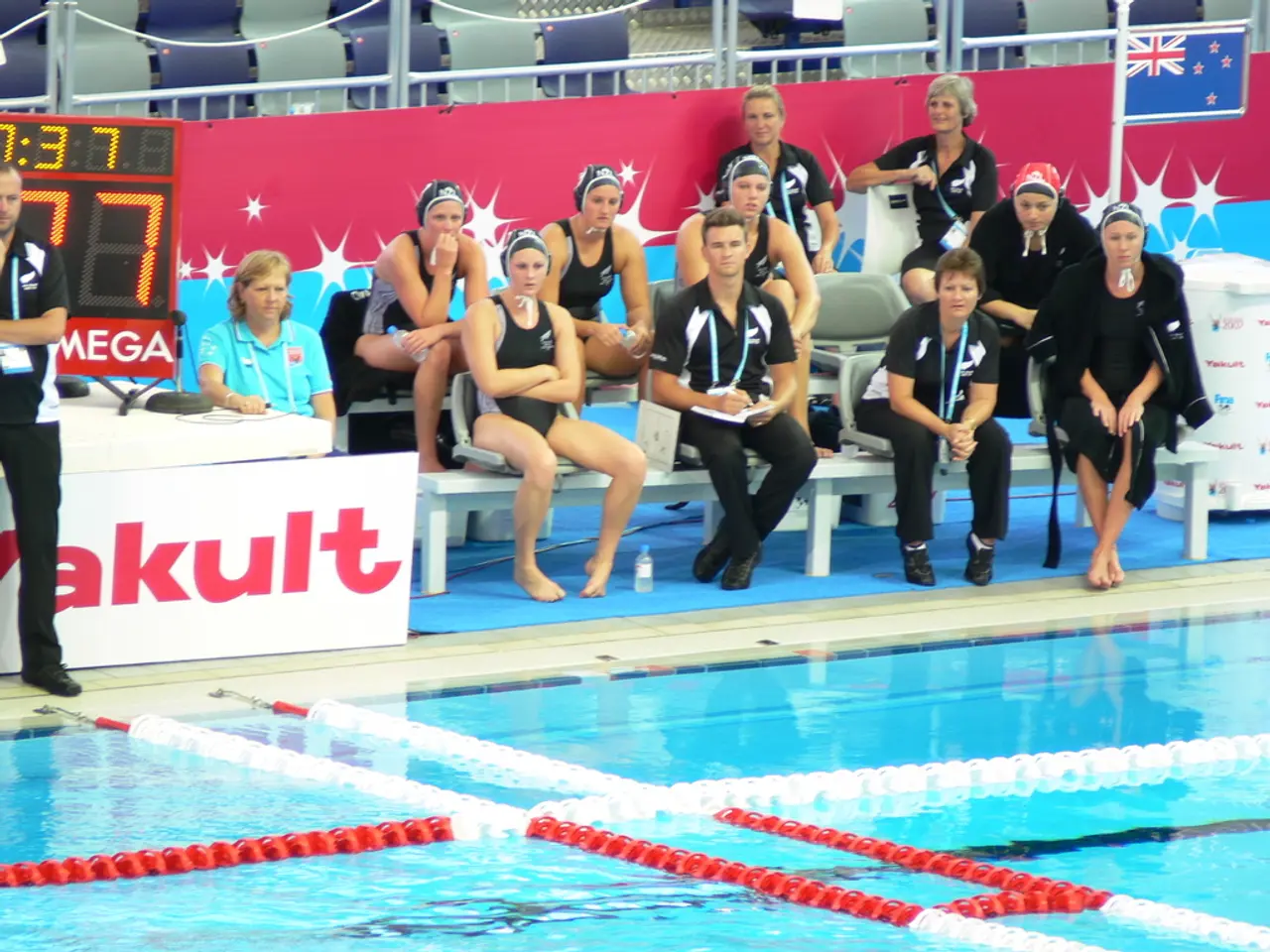Parisian swimmers are once again granted access to the river Seine, following a hundred-year prohibition.
The historic Seine River in Paris is now open for public swimming, marking a significant milestone in the city's urban and environmental revitalisation tied to the 2024 Olympic Games. Three supervised, free-access swimming areas have been created along the river, offering a refreshing escape for locals and visitors alike.
The swimming zones, located near iconic landmarks such as L'île aux Cygnes near the Eiffel Tower, close to Notre-Dame Cathedral, and near the Bibliothèque nationale de France, opened on July 5, 2025, and will remain accessible until August 31, 2025.
This initiative is a culmination of decades of efforts to improve the water quality in the Seine, which had been banned for swimming since 1923 due to health risks and pollution. The improvement in water quality, a key factor in the reopening, is the result of significant investments and upstream work, including the installation of 2,000 new sewage connections.
To ensure safety, lifeguards monitor the swimming areas, taking into account strong currents and boat traffic. Bathing visitors will also undergo a swim test to assess their abilities before being allowed independent access. Furthermore, daily water pollution testing is conducted using live sensors and samples. Flags will inform bathers about pollution levels in the water every day.
The reopening of the Seine for swimming is seen as a key legacy of the Paris 2024 Olympics, with authorities investing approximately 1.4 billion euros to improve the river's water quality ahead of the Games. President Emmanuel Macron described the move as a result of a "collective effort" and a moment of "pride" for France.
The promise to lift the swimming ban dates back to 1988, when then-mayor of Paris Jacques Chirac first advocated for its reversal. Hidalgo, the current mayor of Paris, stated that cleaning up the Seine for the Olympics is part of a broader effort to adapt the city to climate change and enhance the quality of life.
It's important to note that on rainy days, the Parisian sewage system may overflow, causing rain and waste waters to enter the river. As a precaution, if it rains, the bathing sites are likely to close the day after.
This summer's weather is predicted to be drier than the record rainfall during the Olympics, which led to the cancellation of six competitions on the river. Paris officials have taken measures to ensure swimmers' safety and comfort, with each swimming zone equipped with changing rooms, showers, and beach-style furniture.
The reopening of the Seine for swimming is a testament to the efforts of Paris authorities and a step towards reconnecting Parisians with their historic river in a safe, controlled way. It's a symbol of the city's commitment to urban and environmental improvements, making Paris a more enjoyable and livable city for all.
[1] Source: Paris City Hall press release, July 2025 [2] Source: Le Monde, July 2025 [3] Source: BBC News, July 2025 [4] Source: The Guardian, July 2025
- The reopening of the Seine River for swimming is a significant step toward France's environmental revitalization, aligning with the 2024 Olympics and President Emmanuel Macron's vision for the city.
- This summer, the home-and-garden section of popular lifestyle magazines in France is expected to feature articles showcasing the newly opened swimming areas along the Seine, offering a unique home-grown sporting and leisure experience.
- As part of France's broader efforts to adapt to climate change, Mayor of Paris Hidalgo aims to foster a lifestyle that appreciates and cares for the environment, with the revitalized Seine acting as a symbol for international visitors and locals alike.




